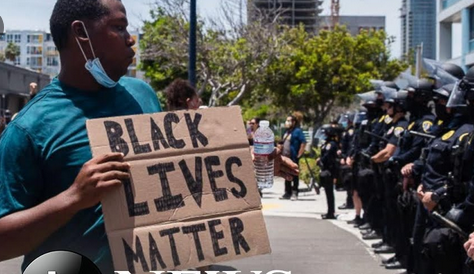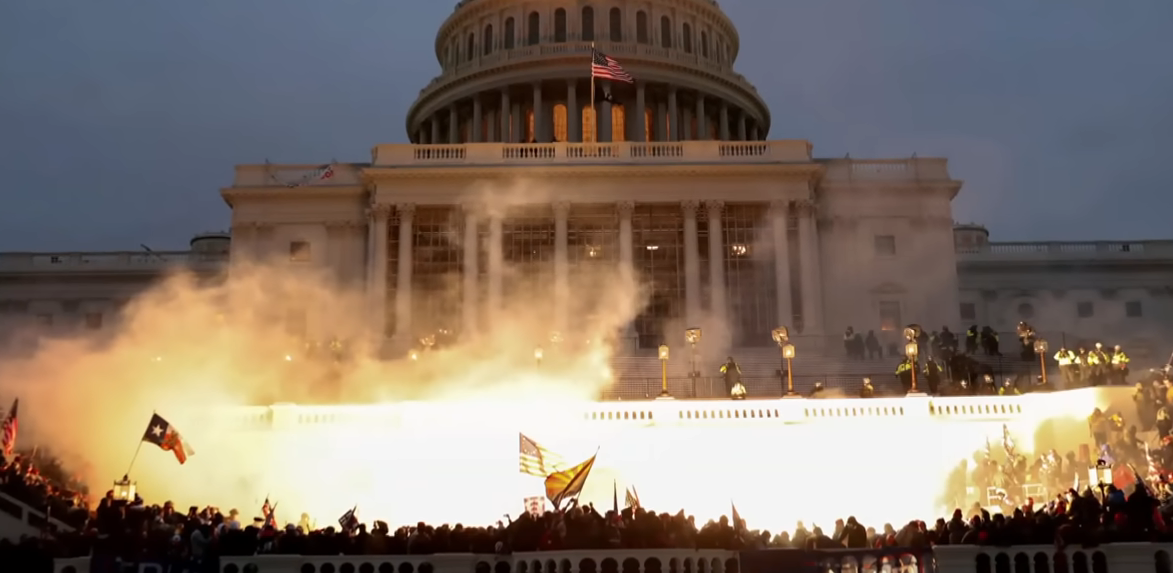Photos: YouTube
New Haven, CT – The Center for Policing Equity (CPE) understands and shares the sense of urgency conveyed in President Biden’s Safer Communities Plan and welcomes the decision to separate a proposed assault weapons ban from his proposed policing legislation. We disagree, however, on how best to achieve what are urgently needed improvements to our public safety systems and call on President Biden not to repeat the mistakes of the past.
This is not the first time the executive branch has attempted to fix our policing problems: In 1967, President Johnson responded to racist police violence with the Kerner Commission; in 1994, President Clinton oversaw the Community Oriented Policing Services (COPS) program; in 2014, President Obama established the Taskforce on 21st Century Policing. Each underscored a perceived need for increased law enforcement budgets alongside a clear need for greater community resources; ultimately, however, administration after administration has focused on the former to the detriment of the latter. Police are consistently funded, vulnerable Black, Brown, and Indigenous communities are not, and every few decades, we find ourselves here again. With its emphasis on increasing both police numbers and budgets, the Safer Communities Plan threatens to replicate these failures.
Americans–in particular Black and Brown people–have testified, petitioned, and named the root causes of our public safety challenges time and again, asking for systems of care that anticipate, identify, and prevent crises before they happen, rather than systems of punishment that respond to crises when they erupt. We must begin to listen to these voices and address the drivers of violence directly, with policies that are evidence-based and community-led. The violence reduction initiatives in last year’s Break The Cycle Of Violence Act and public health approaches of this year’s People’s Response Act provide excellent templates for the kinds of action that our most vulnerable communities most desperately need.
Some members of Congress have begun to signal a willingness to support the president’s plan if such accountability measures are attached to proposed funding increases; CPE agrees wholeheartedly that rigorous oversight is an essential addition, but stresses that accountability measures alone are not enough.
The executive order President Biden signed in May on policing and public safety provided an opening for new approaches to these issues, giving the executive branch some teeth and demonstrating that we can do much more than we have in the past, if only we find the will. New policing bills are likely to be proposed soon; CPE calls on the nation’s leaders to listen to the voices of our most vulnerable communities and invest not in more elaborate systems of punishment, but instead in systems of care that will allow all of our communities to thrive.
About the Center for Policing Equity: As a research and action organization, the Center for Policing Equity (CPE) produces analyses identifying and helping to reduce the causes of racial disparities in law enforcement. Using evidence-based approaches to social justice, we use data to create levers for social, cultural, and policy change. The Center for Policing Equity also holds a 501(c)3 status.








